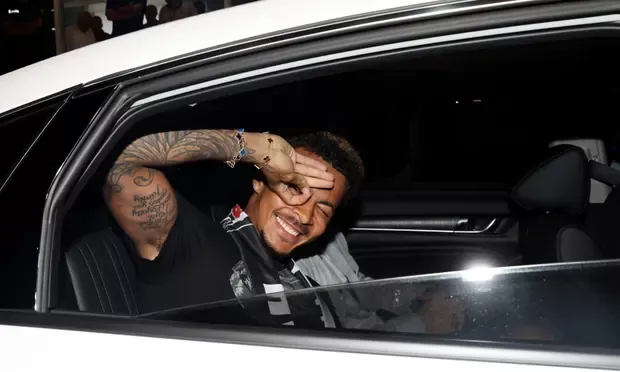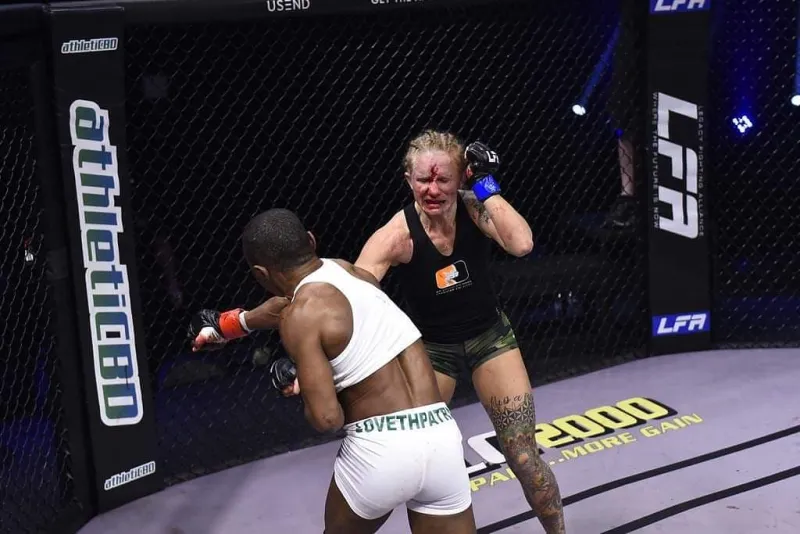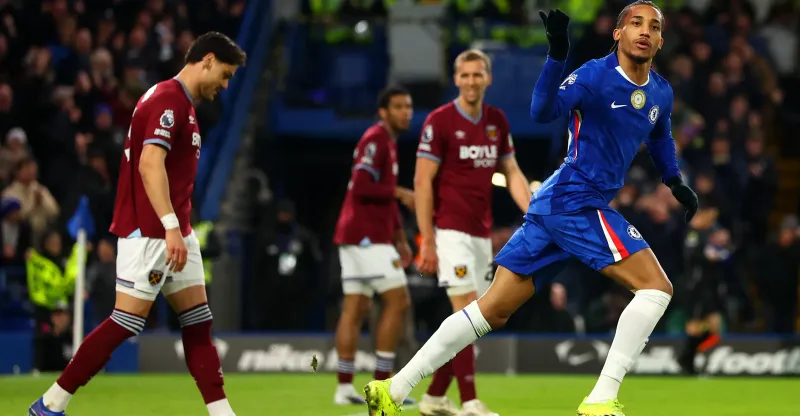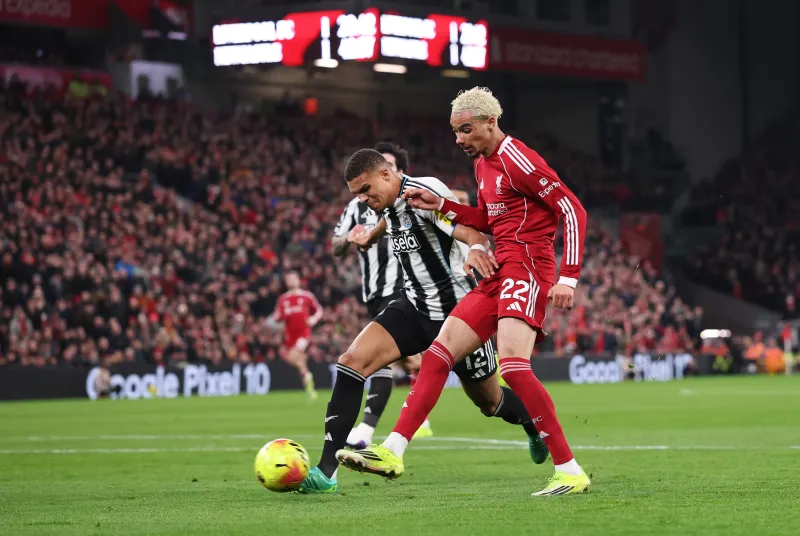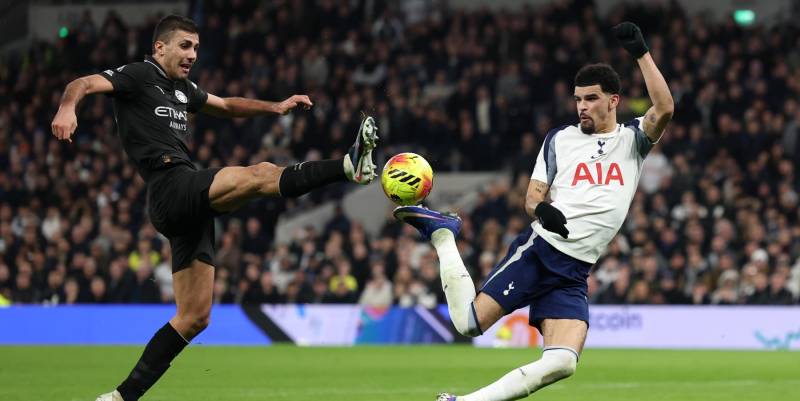Dele Alli has moved to Besiktas on loan, where he remains in a critical condition. The Everton midfielder was airlifted to Istanbul on Wednesday night, where he is expected to play in the Turkish Super Lig, a disease widely believed to be incurable. Naturally, everyone at the Guardian sends their best wishes to Dele at this difficult time.
OK, but seriously for a minute. How should we think about this? Perhaps the most natural reaction has been to conceive of Alli’s career in terms of loss. On one hand there is a wistful sadness for the player we all assume he could have been: the wonder goals not scored, the trophies not won, the cheeky nutmegs not executed. “Now he’s gone to Turkish football,” the Sky pundit Paul Merson lamented, “we’re never going to see him ever again.”
Then you have the other end of the spectrum; the “no sympathy” brigade, the gleeful and performative scorn exhibited by a certain kind of football observer. “He’s got nobody to blame but himself,” you will hear some radio rent-a-bore shouting into the void, a sentiment engineered to inspire contempt but which really demands the opposite.
Can you imagine a more desolate fate than being the sole architect of your own failure? It’s telling how readily this discourse strays into the register of morality and deceit. As if not exploiting one’s talent is a sign of some basic character failing. As if not being able to get into the Everton team somehow makes you a bad person. As if on some level he begins his career in our debt, owing us the fullest expression of his gift, and fully liable for payments not honoured. Dele Alli, your shipment was light by 100 Premier League goals and three World Cups. The bailiffs will be round in the morning.
Alli is not, by most accounts, a bad person. He has been popular pretty much everywhere he has played. Frank Lampard spoke last week of a lack of “focus”, and if there is any sort of smoking gun then it is that vague air of ambivalence, the sense of a player who never quite bled enough for our liking. He could have trained harder. He could, perhaps, have wanted it a little more. Perhaps, as José Mourinho so memorably put it in the All or Nothing documentary, he will regret these lost years for the rest of his life.
What if he has decided that the sacrifices required for 15 years at the highest level aren’t what he wants out of life?
I have a theory about Alli. Maybe it’s nonsense, but hear me out. He grew up amid the soulless grey cornflake-box estates of Milton Keynes, with an absent father and a chaotic upbringing that he is still reluctant to discuss. A place where you could disappear through the cracks and nobody would notice. A life without shape, colour, angles, trust or genuine companionship. Football gave him all these things. It gave him security and a family.
There was a good deal of scepticism in 2017 when, at the height of his powers, he appointed his best friend Harry Hickford as his agent. But also: is there not something indelibly touching about appointing your best friend as your agent? This is a lurid and venal world, but we’re going to face it together, the two of us.
